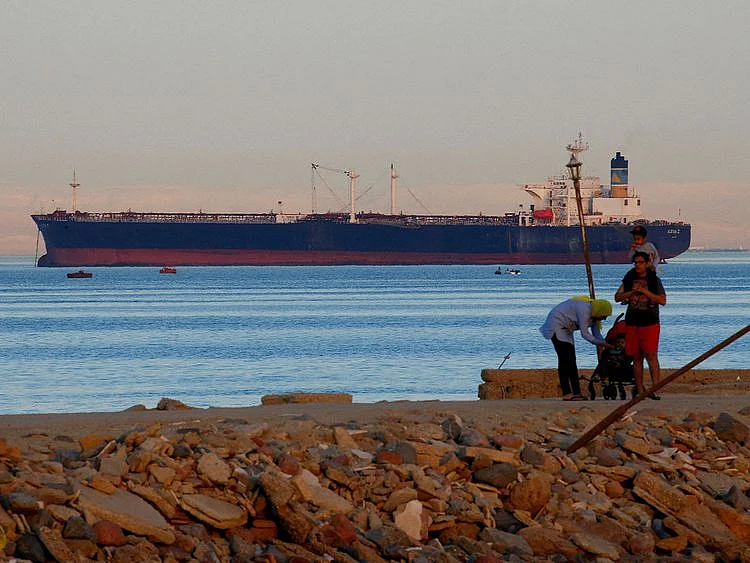Red Sea issue: UAE exporters seek to split shipment costs with Turkey, North Africa partners
Traders in UAE work on new payment settlements to keep orders flowing during crisis

Dubai: UAE exporters with orders from North African markets or Turkey are trying to split the cost of shipment with their partners there to counter the fallout from the Red Sea crisis. This is especially the case in food exports from and through UAE ports, market sources say, and also applies to shipments coming from Turkey, Egypt, etc.
The other immediate priority for UAE exporters is to get a confirmed container booking. Any delays on this score can be quite harmful to their supply interests.
“By getting the partner in those countries to pay half of the costs, we can still keep a lid on soaring shipment costs through Red Sea,” said a Dubai based food commodities trader with extensive sourcing and selling commitments in North Africa.
“The need of the moment is to get flexibility into our payments and settlement processes. Paying ‘half-half’ is one way to do it, and several UAE exporters are chasing that option with their counterparts in North Africa and Turkey.”
Until now, the fallout from the Red Sea situation – which continues to be volatile even after the US strikes against missile sites operated by the Houthis in Yemen – have focused on the higher import costs for UAE traders sourcing from Europe. Categories such as automotive shipments have faced delays coming over from manufacturing plants in Europe, and has/will impact dealership stocks in the coming weeks.
But so far, new car prices are still holding up, according to industry sources. Same is the sentiment being expressed in most of the sectors with imports from Europe. How long that can hold is anyone's guess.
Issue with exports
But now, other UAE based entities are also having to find some solutions to what’s going on in the Red Sea. These relate to export of goods from ports in the UAE to end destinations across North Africa.
Delays - or the possibility of shipment delays – have forced order cancellations, some market sources say. This is a situation the trade cannot afford to see happen frequently.
This is why Harish Tahiliani, Managing Director of Arab India Spices, says: “There are some longstanding supplier relations that are at stake because of the Red Sea issue. This is why solutions have to be found to ensure the shipments get there – and at costs that everyone can bear.
“Because we have seen shipment cost increases of $100 a tonne – now, on a 25 tonne order, that works out to a significant rise.”
Book containers ASAP
The other issue adding to the local shipping and logistics sector’s problems is to do with shipping containers – there aren’t enough of them available at short notice. That too feeds into the higher costs.
“Because of container shortages, we need to book in advance if we are to have a reasonable chance of getting on the ship and for the deliveries to reach the destination in good time,” said a shipper.
This is what the industry is trying to resolve as demand requirements scale up in the coming weeks.
For now, there is no one in the shipping industry willing to make guesstimates on when the Red Sea turmoil will likely wind down.
Multiple crisis points
According to Harish Tahiliani of Arab India Spices, the Red Sea crisis has made an impact on multiple fronts: * Higher freight costs are the obvious fallout. * It has also led to lower inventory of key commodities, notably food staples, in some of the key importing countries from and through the UAE ports. * Buffer stocks held by importers too are dropping fast. * In some of the North African markets, inflationary pressures are being felt on key commodity items.
Longer by ‘10-12 days’
There is acceptance that shipments to Europe and key North African ports will take longer, by 10-12 days and, in some cases, even longer. That is the new normal.
"Everyone has to maneuver within these timelines - as long as they have a confirmed container booking," said a shipper. "If they don't, it will prove to be a problem in the coming days."
Sign up for the Daily Briefing
Get the latest news and updates straight to your inbox
Network Links
GN StoreDownload our app
© Al Nisr Publishing LLC 2026. All rights reserved.